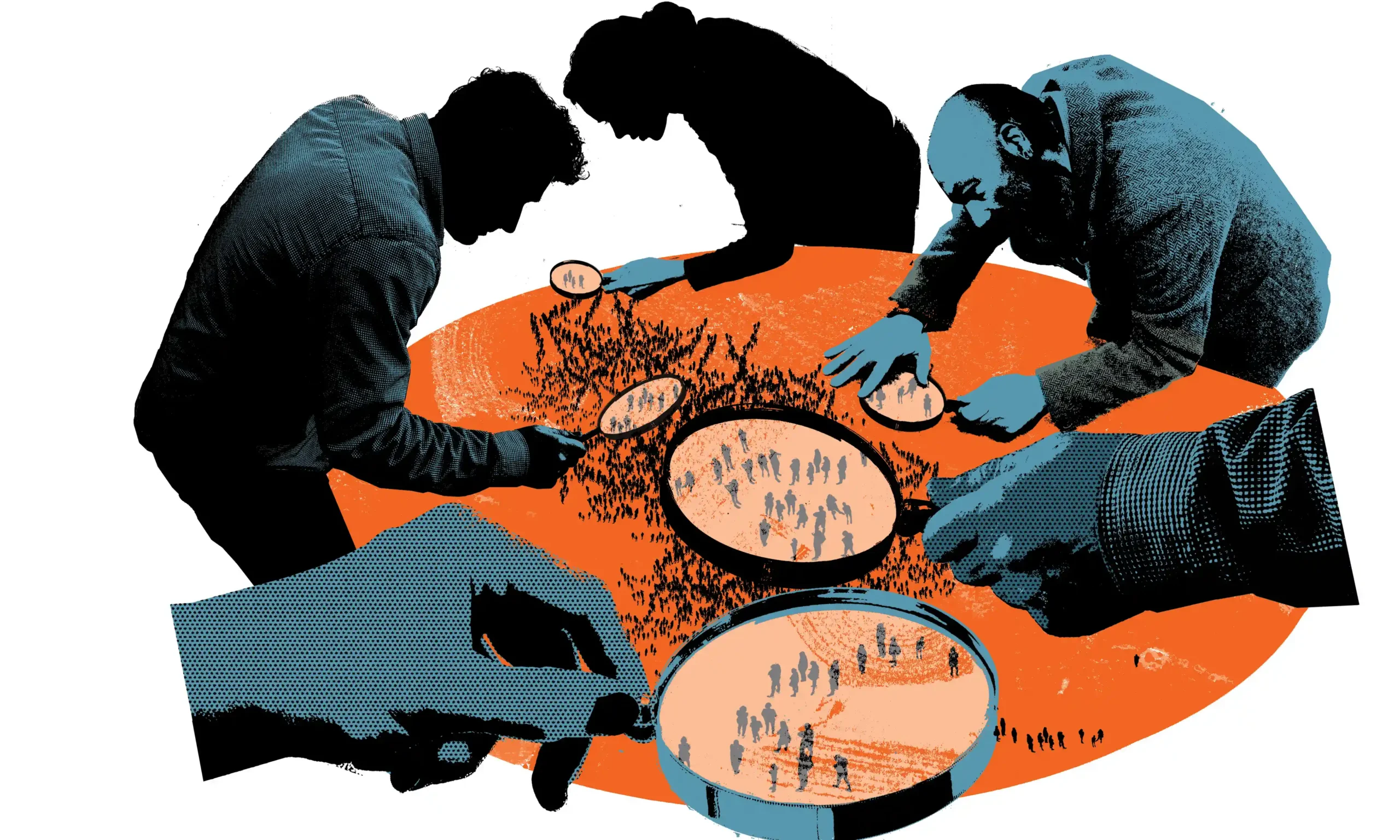By Rania Tsoli,
Societies are built on fundamental pillars that keep them as stable and in as good condition as can be. These pillars, which include notions and values far too important to be neglected, have to be strong and rigid, yet evolving and ever-changing, in order for society – and therefore humanity, as well – to survive through the eras. However, you might find that instead of being carved out of rock, these pillars often seem to be made of sand. In many scientific fields, principles sometimes seem to vanish under the weight of possible personal profit, with politics taking the lead on frequent occasions – and unsurprisingly so if we are being honest. Politicians often seek ways to help them rise in popularity and essentially gain more power, using various techniques – and engaging in what is known as contemporary populism is a fairly common strategy.
The term “populism” might ring a bell, but the movement has actually outgrown its initial meaning and essence to a certain degree; its original sense was actually fairly different compared to what many might recognize as populism today. With that being said, let us dive into the history of the movement that was turned into more of a strategy over the years, in order to truly understand its nature.
Populism goes back to the Latin word populus, which means “the people”. In the modern era, populism is perceived as a certain style of politics. However, there is no uniform definition or precise approach; in fact, the term is often considered imprecise since it is very heavily value-laden, as it can be frequently used in public debates as a sort of “killer argument”, with its goal being to undermine opposing opinions. In a more general tone, populism can be defined as a political movement or program that champions – or claims to champion – the common person, frequently by favorable contrast with a real or perceived elite. Populism usually combines elements of the left and right parties, and can often be found opposing large business and financial interests, but at the same time projecting a hostile attitude towards established socialist, liberal, and labor parties. In its eldest and most democratic form, populism seeks to defend the interests of ordinary citizens and maximize their power, opting for reform rather than revolution, which it tries to avoid at all costs. This ideational approach further holds that the basic characteristics of populism mentioned above can also be traced to other ideologies, such as socialism, nationalism, and classical liberalism. Therefore, according to this view, populists can be encountered anywhere along the political spectrum, allowing for both liberal and conservative populism.

In contrast to the ideational version, the notion of populism has evolved into a more emancipatory social force that tries to assist marginalized communities in challenging well-established dominant power institutions. However, in its contemporary understanding, the term “populism” is usually associated with an authoritarian form of politics. Populist politics have come to revolve around charismatic leaders and politicians who appeal to the will of the people while claiming to be a true embodiment of it, with the main goal of consolidating their own power. As we can see, a negative light has been cast on the term in the last decades, with populism being considered by many to exist as a manipulative strategy used by the elites in a society, in which they act as if they are one with the common people, understanding their struggles and worries. Meanwhile, its main goal is for the elites to continue rising in power and satisfy their personal interests, without showing much care as to what this pattern’s consequences will be when it comes to the common people that they claim to be a part of.
In this form of politics, which one can describe as personalized, political parties often seem to lose their importance, and elections end up serving to confirm the leader’s authority instead of acting as a means to reflect the different allegiances of the people. Some forms of authoritarian populism have been characterized by extreme nationalism, racism, conspiracy-mongering, and scapegoating of marginalized groups, each of which served to consolidate the leader’s power, distract public attention from the leader’s failures, or conceal from the people the nature of the leader’s rule or the real causes of economic or social problems.
Essentially, populism can be presented as a cosmic struggle between the morally good, known as “the pure people”, and a self-serving group of conspiring people, referred to as “the corrupt elite”. Populists typically define “the people” based on their socioeconomic class, nationality, or ethnicity, and they describe “the elite” as an amorphous entity made up of a cultural, economic, political, and media establishment, which seems to place its own interests along with those of other, vulnerable groups, such as labor unions, immigrants, and disabled people, while in reality, it places them above those of the latter. When the term is referred to negatively, populism can be synonymously used with the word “demagogy”, which is the practice of applying overly simplistic answers to complex issues in a flamboyantly emotional manner, therefore slyly undermining them, or with political “opportunism”, which is explained as when a politician attempts to please voters without having considered rational and carefully thought-out solutions to problems beforehand.

Populism started out as one thing and ended up as another, subsisting as various alternatives to the term’s original sense. From a political movement to a common strategy that is often used in a manipulative context, designed firstly to charm the common people, and secondly to serve a politician’s personal interests, its evolution is truly multifaceted. In the modern era, it looks like populism has grown to have more of a negative essence and meaning than a positive one, seeing as it has been used time and time again in an unethical context by politicians, and has ended up betraying many people’s trust; hence their uneasiness towards it. We are all different people, with thoughts and opinions that vary more than one can even begin to describe. However, deception is something we should all strive to avoid, and the deception that can be traced going hand in hand with populism is no exception; only by praising transparency and dialogues between the electorate and the elected can one begin to hope for a brighter, more frank, and one day truly forthright political future.
References
- Pupulism, britannica.com, Available here
- What is populism: definition, characteristics, examples, Liberties.eu, Available here
- What Is Populism? Definition and Examples, Thoughtco.com, Available here




